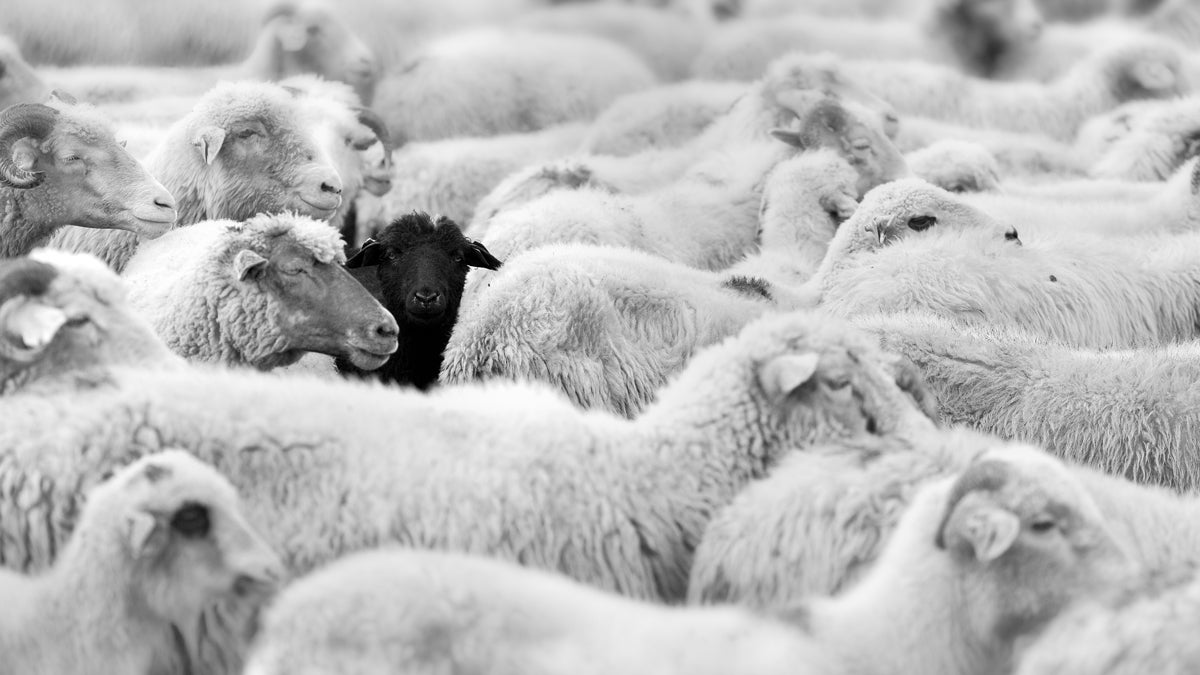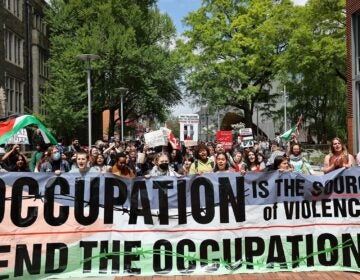The dual paths of insider and outsider can lead to insight, strength

Professor Elijah Anderson, the urban ethnographer and Yale faculty who sees workplaces as canopies for confronting our prejudices, has not only very useful tools for talking about diversity in the workplace, but another gift as well: an absolutely delightful laugh.
I wanted to know how his work came out of his own life path, and in our conversation I was struck by a gem of wisdom: how being both an outsider and an insider within a given group (in this case, workplaces) can give you access to insights that others can’t as easily see.
The image of a canopy works so well: a covered, safe space; “an island of civility in a sea of segregation,” as Anderson puts it.
“It’s a metaphor for the civil society that we’re all learning to share,” he said. “The canopy is almost magical — a safe space where different kinds of people can come together and model getting along.”
These insights had such a personal feel to me, and Anderson confirmed with a laugh (an instant pay-off for me) their foundation in his own experience.
“Every black person in this society has experienced these strange things, because we’re going through this major change where we’re in the process of incorporating black people and other minorities into civil society,” he said.
He witnessed this from an early age. As a black person who came from poverty in the Mississippi Delta, his grandmother was the midwife when he was born. “We didn’t go to hospitals,” he said. “They wouldn’t serve black people unless they were about ready to die.”
Anderson’s father worked in a factory, and his mother was a domestic worker, as he grew up in South Bend, Indiana. But early on, within the segregated black community there, Anderson began to have a sense of the ways in which he was like his black friends, and the ways in which he was different from them.
“I was precocious, reading on a 6th-grade level in the 3rd grade, so it set me up to be different, as an outsider to the other kids,” he said. “The teacher used to have me stand before the other students and read to them. Such actions did not endear me to the other students.”
It gave the young Anderson an experience of being both insider and outsider, an experience that was formative for his evolving body of work as an adult. “Like novelists or comedians, at a distance from society,” he said, “you can see the contradictions or ironies. It helps them to come to a peculiar view or understanding of the world. It’s a benefit sometimes to be on the outside. Being outside, you learn to look at society in a new way and see new ways to deal with things. It can be totally debilitating; and it can make you strong.”
“I was lucky to have teachers and coaches and mentors talk to me and help me,” Anderson said. His mother said each day as he left for school, “You’re going to be somebody.” At age 11, he landed a job in a typewriter shop owned by a white man who, was supportive of him. “The minister in our church was very smart man, had a Ph.D., and encouraged us to go somewhere special in life,” he recalls. “He was trying to encourage us as young black children to take our places as leaders. High expectations were an important thing in my development.”
From high school, Anderson went to Indiana University in Bloomington, where he came alive to sociology — and to social change. It was the middle of the Civil rights movement. “We had an incorporation process as a result of the riots and alienation of people in the ghettos, a process in the ’60s and ’70s that created the black middle class as we know it today. This is what I was part of,” he said.
Again, he was an outsider in his own black space. “Throughout my life,” said Anderson, “From ‘Street Wise,’ ‘Code of the Street,’ ‘The Cosmopolitan Canopy,’ to the present book I’m working on — on the iconic ghetto in the white space — in some way it’s all the story of my life: looking from the outside in. I’ve spent much of my life in the white space, so it lets me see the spaces with outsiders’ eyes. These books are the story of my life.”
In short, Anderson seems to have turned his formative experiences into assets for his work.
“You can see things ordinary people may not be sensitive to as a person who’s marginal — perhaps both sides — and represent that in your work. I try to condense it so others can get the advantage of it. People who are anchored in just one world, black or white, can’t see the issues that way.”
It leads him to an invitation for every one of us in our daily lives in Philadelphia: “Be provoked by being in these different spaces.”
Anderson’s drive to look at the world from multiple perspectives hasn’t let up. He’s in Paris at present for a series of professional engagements, as well as one of his primary tasks as an ethnographer: observation. Observing life in Europe, where the ghetto can be said to have its origins for groups such as Jewish people, helps him return to the U.S. with additional tools for seeking insight. The relationship of ghettos to civic canopies exists in Europe as in the United States. So Anderson will continue to mine life and work for their mutual insights.
“France gives me perspective on Philadelphia. Looking at life there can raise questions about life here,” he said. “I sit at the cafes and write and watch and write, and spend time walking back and forth, and taking the Metro among these neighborhoods.”
I look forward to ‘postcards from France’ to see how they might provoke further perspectives on our workspaces here.
WHYY is your source for fact-based, in-depth journalism and information. As a nonprofit organization, we rely on financial support from readers like you. Please give today.




